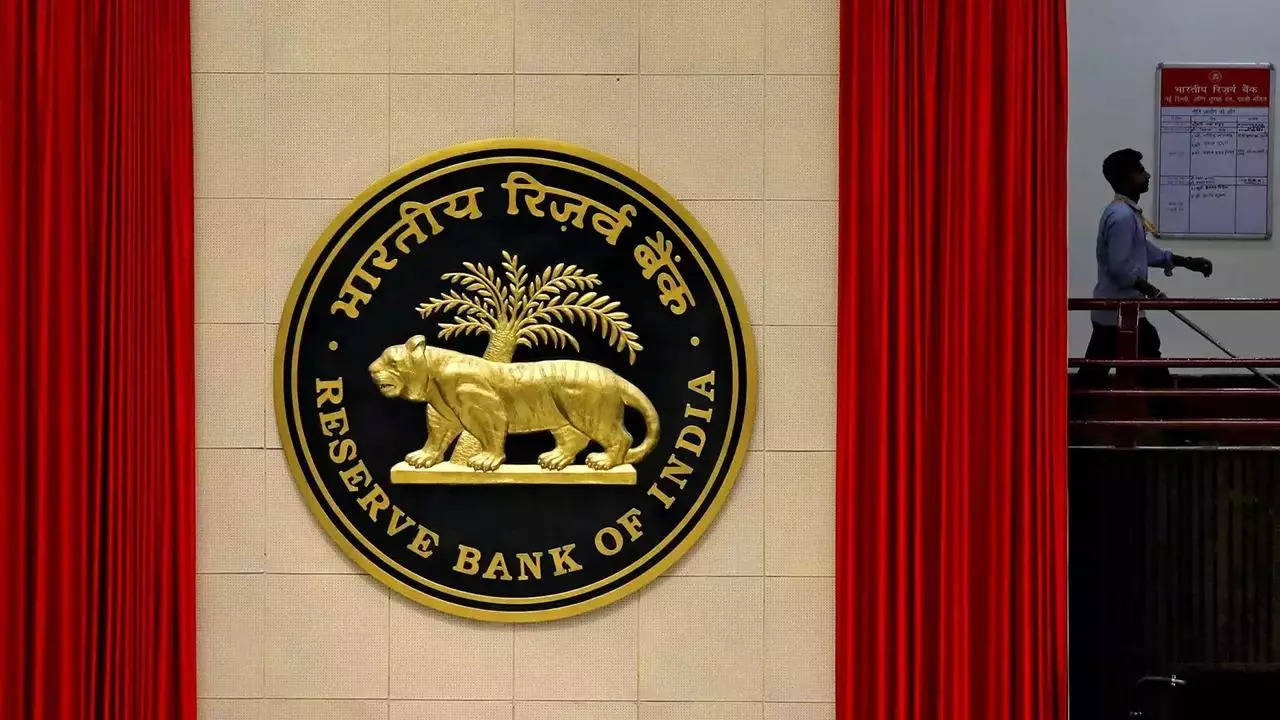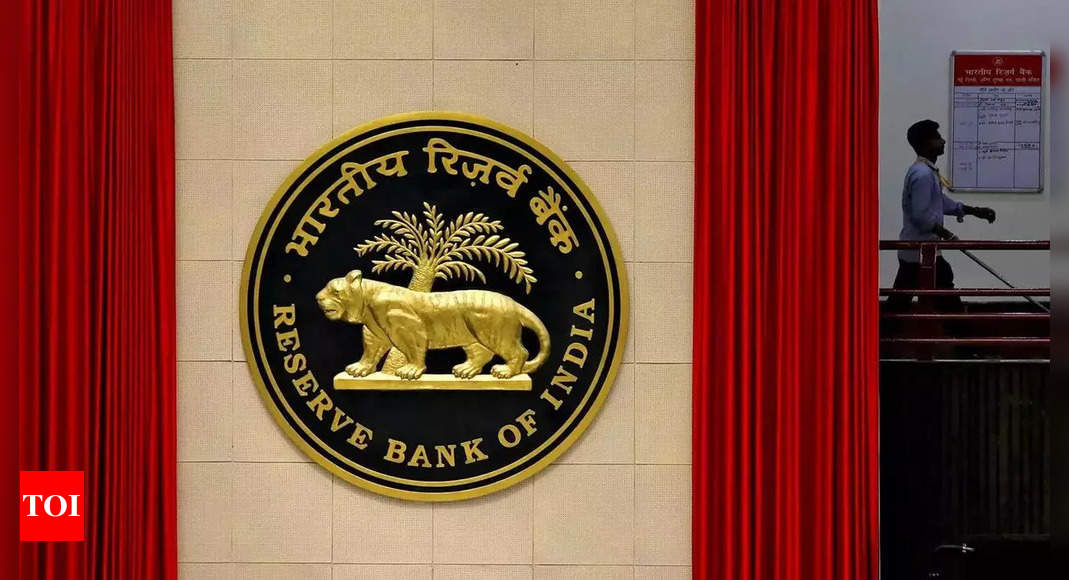
NEW DELHI: Prime Minister Narendra Modi will visit Mumbai on Monday, 1 April, 2024, where he will address the ceremony commemorating 90 years of Reserve Bank of India (RBI).
PM Modi is expected to address the event at 11am.
Finance minister Nirmala Sitharaman will also be present at the event in Mumbai, where she is also expected to address the audience.The opening address will be delivered by RBI governor Shaktikanta Das.
Established in 1935, RBI functions as the nation’s central bank, following the recommendations of the Hilton Young Commission and governed by Reserve Bank of India Act, 1934.
Its primary responsibilities encompass regulating the issuance of banknotes, maintaining reserves to ensure monetary stability, and managing the credit and currency system of the country.
Initially assuming duties from the Controller of Currency and the Imperial Bank of India, RBI oversaw government accounts and public debt, establishing branches across major Indian cities.
Post the partition of India and Burma’s independence, RBI continued as Burma’s central bank until 1947 and for Pakistan until 1948.
RBI has played a pivotal role in India’s growth, notably in agriculture, and has facilitated the establishment of crucial financial institutions like the Deposit Insurance and Credit Guarantee Corporation of India and the Industrial Development Bank of India.
In recent years, amidst liberalization, RBI’s focus has shifted towards core central banking functions, including monetary policy formulation, bank supervision and regulation, oversight of the payments system, and fostering the development of financial markets.
PM Modi is expected to address the event at 11am.
Finance minister Nirmala Sitharaman will also be present at the event in Mumbai, where she is also expected to address the audience.The opening address will be delivered by RBI governor Shaktikanta Das.
Established in 1935, RBI functions as the nation’s central bank, following the recommendations of the Hilton Young Commission and governed by Reserve Bank of India Act, 1934.
Its primary responsibilities encompass regulating the issuance of banknotes, maintaining reserves to ensure monetary stability, and managing the credit and currency system of the country.
Initially assuming duties from the Controller of Currency and the Imperial Bank of India, RBI oversaw government accounts and public debt, establishing branches across major Indian cities.
Post the partition of India and Burma’s independence, RBI continued as Burma’s central bank until 1947 and for Pakistan until 1948.
RBI has played a pivotal role in India’s growth, notably in agriculture, and has facilitated the establishment of crucial financial institutions like the Deposit Insurance and Credit Guarantee Corporation of India and the Industrial Development Bank of India.
In recent years, amidst liberalization, RBI’s focus has shifted towards core central banking functions, including monetary policy formulation, bank supervision and regulation, oversight of the payments system, and fostering the development of financial markets.
Source link

